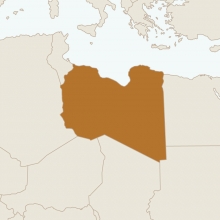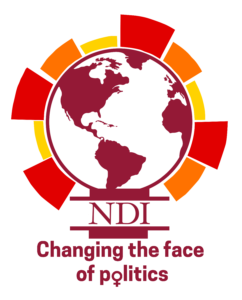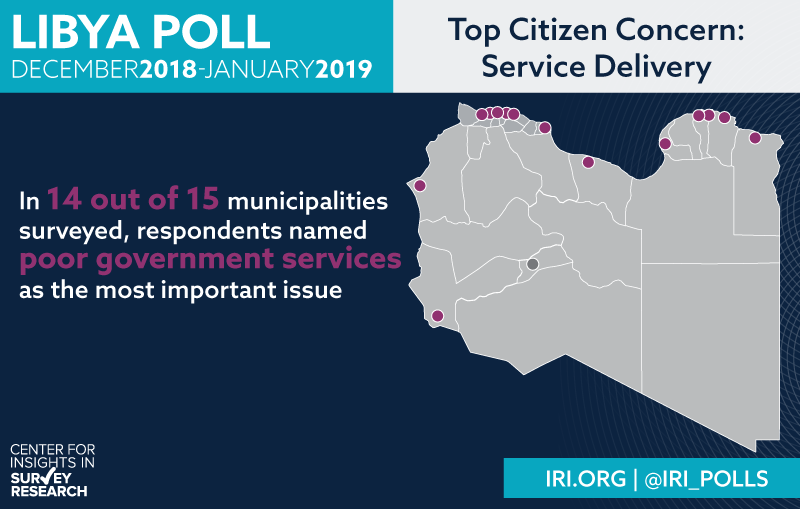
NDI
Liberal democracy may have lost some of its luster and moral authority given the internal challenges and external threats it faces, but that need not diminish efforts to plant the seeds of freedom, observers suggest.
The 75 Libyan delegates from the two warring sides and the civil society attending the UN-sponsored Libyan Political Dialogue Forum (LPDF) in Tunis agreed Wednesday to hold elections in 18 months, according to reports:
Head of UN Support of Mission, Stephanie Turco Williams made the announcement Wednesday adding that participants reached a deal on holding free, fair, inclusive and credible parliamentary and presidential elections.
But analyst Dilip Kuner fears lack of local ownership and the involvement of extremists threaten to sabotage the process.
In the months after NATO-backed rebels toppled the government of Muammer Gaddafi in Libya in 2011, a contingent from US-based, congressionally funded organizations such as the National Democratic Institute and the International Republican Institute,* were in Libya to help the country’s nascent civil society lay the foundations of a possible democratic future, notes Borzou Daragahi, a nonresident Senior Fellow at the Atlantic Council.
The NDI folks were particularly active. As a foreign correspondent in Libya during those days, I would not have been surprised to run into Les Campbell, who is still at NDI, or Megan Doherty, now at Mercy Corps, driving with minimal security from city to city, offering workshops and training for Libyan activists and aspiring politicians, or organizing talks where Libyans would speak to each other about what they wanted and expected from their fellow citizens and leaders, he writes for The Atlanticist:
 Libya’s story doesn’t have a happy ending. The North African country fractured politically, igniting a civil war and creating an opening for ISIS. Nevertheless, when reporting some years later on a particularly vicious ISIS attack on the country’s election commission, I encountered several people who were veterans of such democracy programs. While much of the country had descended into chaos, these proud Libyans had been quietly working behind the scenes to bring about a measure of normalcy and stability through the power of the democratic vote. And they had all benefited at some point, directly or indirectly, from Americans’ willingness to share their experiences with the democratic process.
Libya’s story doesn’t have a happy ending. The North African country fractured politically, igniting a civil war and creating an opening for ISIS. Nevertheless, when reporting some years later on a particularly vicious ISIS attack on the country’s election commission, I encountered several people who were veterans of such democracy programs. While much of the country had descended into chaos, these proud Libyans had been quietly working behind the scenes to bring about a measure of normalcy and stability through the power of the democratic vote. And they had all benefited at some point, directly or indirectly, from Americans’ willingness to share their experiences with the democratic process.
Campbell tells me that their work isn’t about imposing a US (or, for that matter, Swedish or German) model of democracy on developing countries, but rather about drawing on the experiences of former Soviet states and Middle Eastern nations like Tunisia, the only success story so far of the 2011 Arab uprisings. Much of the work is modest, such as helping small political parties organize for municipal elections, Daragahi adds.
“We’re really not looking at the experiences of the established Western democracies,” says Campbell. “We’re relying more on the experiences of other countries that have gone through transitions.” RTWT
*Core partners of the National Endowment for Democracy (NED).








